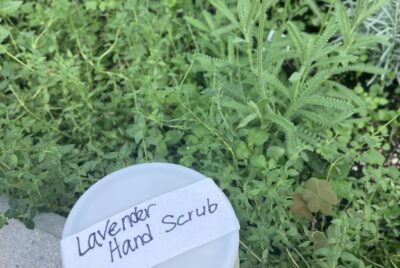RESEARCH
Nature-Based Interventions for Psychological Wellbeing in Long-Term Conditions: A Systematic Review
Summary
This document is a review of existing research that looked at how nature-based activities might help the mental well-being of people living with long-term health conditions. The researchers searched through several medical and psychological research databases for studies that explored this topic. They focused on conditions like heart and blood vessel diseases, stroke, lung and liver problems, type 2 diabetes, and chronic kidney disease. To be included in the review, the studies had to involve an active nature-based activity, either indoors (if it had a “green” element) or outdoors (including animal-based activities), and they had to measure psychological well-being. The researchers then assessed the quality of these studies to understand how reliable their findings were.
The review found 13 relevant studies published between 2005 and 2020, involving a total of 512 participants. These studies explored various nature-based activities such as gardening, spending time in forests (like “forest bathing” or walking), and horse-riding therapy. Most of the studies compared the outcomes of people doing these nature activities to those who didn’t, or who did other activities like walking in a city. The researchers looked at a range of psychological measures, like mood, quality of life, and feelings of anxiety and depression, often using questionnaires.







